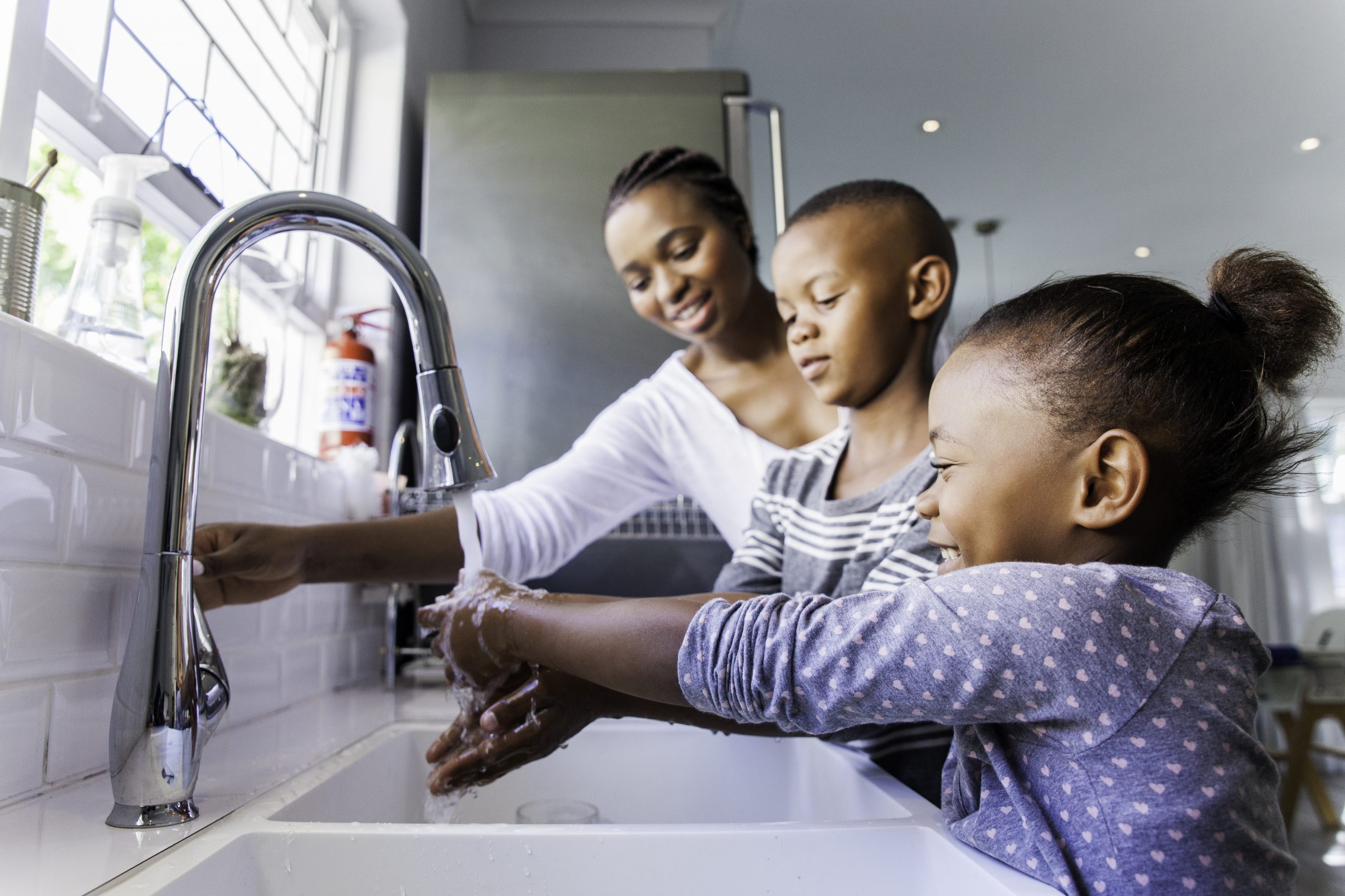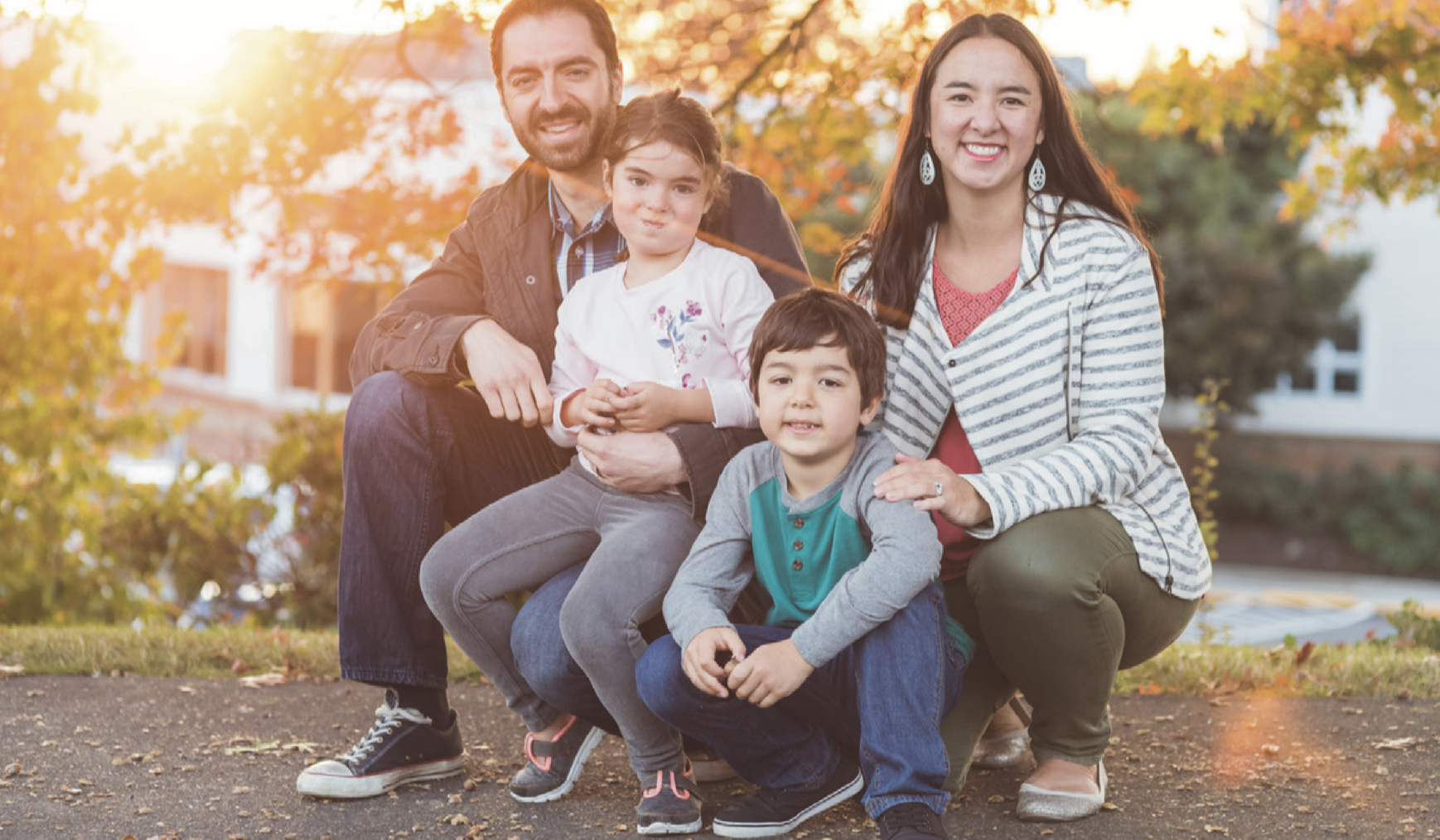Talking to Your Children About The Coronavirus: Tips from Margaret R. Mauzé, PhD, ABPP

Talking to Your Children About The Coronavirus: Tips from Margaret R. Mauzé, PhD, ABPP
Talking to Your Children About The Coronavirus
Guest Blogger: Margaret R. Mauzé, PhD, ABPP
Emotions are running high. Schools are closed. People are working from home and uncertainty about the next few days and weeks is at an all time high. As adults, many of us are feeling the stress that comes from so many unknowns. For children and teenagers, stress levels may be even higher as they are out of their routines, not able to see their friends and not able to go many places. Below are some tips on how to talk to your children and teenagers about Coronavirus and how to cope with the days and weeks ahead.
Preschoolers and Kindergarteners
Provide your children with basic facts and information that they are likely to understand. You can explain very simply that there are many germs around and to help stop the spread of these germs, schools are closed and people are staying home to try to keep everyone healthy. Emphasize the importance of handwashing. There are some fun experiments online you can find that show how well soap works at repelling different substances.
Elementary School Children
Children in elementary school have a better understanding of how germs spread and some of the risks associated with becoming ill. Answer your children’s questions with fact based information and focus on what you as a family are doing to help minimize the spread of germs, by staying home, washing hands and not visiting with friends or family.
Adolescents
Between their overall understanding of germs and access to social media, online materials, and so forth, adolescents may have the most information of the children in your house. Help them to distinguish between fact-based information versus fear-based information. The Center for Disease Control website (cdc.gov) has a helpful list of facts versus myths. Focus on what information we do know and again, emphasize what we can do to help keep our loved ones and ourselves healthy.
Validate Emotions
Individuals of all ages may be feeling anxious or nervous about the uncertainty around us. If your children express fear, anxiety, anger or frustration, validate those feelings. Let them know that it’s okay to feel this way. You can acknowledge your own feelings (“I’m frustrated we can’t go see our friends too. I feel nervous about this sometimes too”) and share with your child or teen how you are managing that feeling (“When I feel myself getting frustrate, I go for a walk. I stop reading news stories when I feel myself worrying.”)
Remain Open and Available for Questions or Thoughts
As the situation with coronavirus continues to unfold, your children and teens may have questions at various times. Let them know you are available to talk with them anytime they need it.
Minimize Exposure to News and Social Media
The news is very focused on Coronavirus. Social media sites are overwhelmed with photos of empty toilet paper aisles and rumors about how long things will be shut down. This can increase anxiety. Be careful about watching the news in front of your children and teenagers. Minimize time and exposure even to reputable sites like the Center for Disease Control and the World Health Organization. Older children and teenagers may slip into the rabbit hole of reading story after story or sharing online information with their friends. Encourage them to limit their exposure and to come to you, not other kids, with questions or concerns.
Establish a Routine
One way to manage anxiety is to focus on what you can control. Stick to your schedule. Keep waking up at the same time. Get dressed everyday. Encourage regular, consistent bedtimes and rest times. Encourage children and teens to engage in academic activities first, perhaps while you work from home, and then do fun activities when academic activities are finished. Try to implement positive family time into this period at home. Maybe everyone plays a game together after dinner or watches a favorite show or movie.
Get Outside
Exercise keeps us healthy physically and emotionally and breaks up the monotony. Go for family walks or runs. Take a family bike ride. Play soccer or baseball in your yard. If it rains, go play in the puddles with your little ones. Do family yoga together. Have a family dance party while making dinner. Get your bodies moving to help decrease stress and anxiety.
Identify Social Outlets
Isolation is hard. We are social creatures and for older kids and adolescents their social group is extremely important. Allow for Face Time or texting times for teens to be in touch with their friends. Encourage phone calls or Skype for kids. As always, you want to be cautious about screen time limits and be aware of with whom your kids are interacting but recognizing and enabling your kids to connect with their friends while distancing themselves physically is important.
Monitor Your Own Emotions
Our kids are watching and listening to us all the time. If you are panicking, they likely will too. If you are demonstrating good self-care, by staying physically active, sticking to a routine and managing your own emotions in a healthy way, they will follow this too. These are trying times but the more you try to keep your own emotions in check, the more you show your children how to do the same.
Keep Your Perspective
Is life challenging right now? Yes. Is it inconvenient for everyone? Absolutely. But we have been given the unexpected gift of slowing down together as a family and finding some time together. Show grace to those around you. Smile at people in line at the grocery store. If you are out walking, greet your neighbors enthusiastically. Try to embrace this time together as a family to carve out enjoyable time with each other. However, if you or your family members are experiencing anxiety that feels hard to control or out of proportion to the situation, contact your pediatrician or medical provider for additional resources. Remember that our current situation is temporary. We will not be isolated forever but while we are, we have the opportunity to embrace our time together and find some joy in the slower pace.
Margaret R. Mauzé, PhD, ABPP is a Board Certified Pediatric Psychologist. She attended Georgetown University as an undergraduate where she double majored in English and Psychology. She received her PhD in Clinical Child and Adolescent Psychology from the University of Kansas in 2005. In 2008, she achieved specialty board certification in Clinical Child and Adolescent Psychology, the youngest psychologist in the country at the time to do so. She spent 8 years as a staff psychologist at the Cleveland Clinic Children’s Hospital where she was also the Director of the Pediatric Psychology Postdoctoral Fellowship Program. She moved to Texas in 2012 where she opened her own private practice. She has over 25 professional publications, including a collaboration on a children’s book about anxiety, William the What If Wonder On His First Day of School, which was featured on Showcase with Barbara Keller in 2019. Her most important role is as mom to her two young boys.






